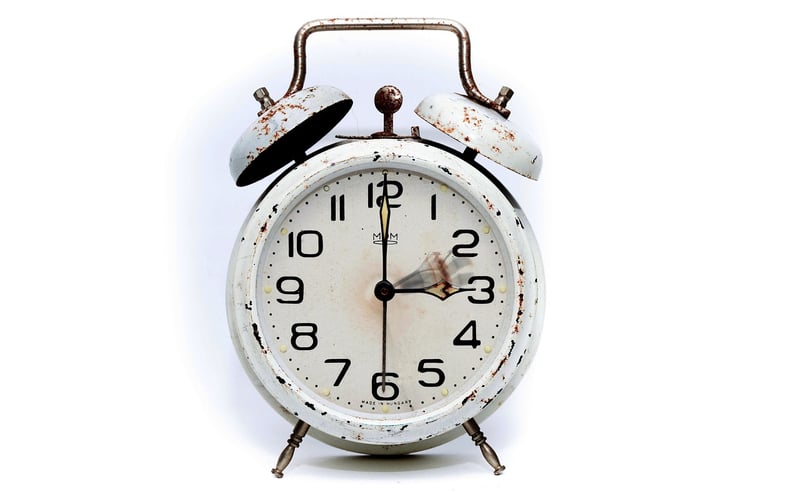Time Loop Morality
Ethical Implications of Time Travel
Time travel has been a fascinating concept in science fiction for decades, but beyond the realm of entertainment, the idea of manipulating time raises numerous ethical considerations. The ability to alter past events or influence the future poses significant moral dilemmas that can have far-reaching consequences.
Paradoxes and Altering History
One of the primary ethical concerns with time travel is the potential for creating paradoxes. Changing a single event in the past could have ripple effects that alter the course of history in unpredictable ways. This raises questions about the right to interfere with the natural progression of events and the implications of playing "god" with the timeline.
Responsibility and Accountability
If time travel were possible, who would bear the responsibility for the outcomes of temporal interventions? Would individuals be held accountable for the unintended consequences of their actions, or would there be a collective responsibility to ensure the integrity of the timeline?
Temporal Loops and Moral Choices
Another intriguing aspect of time travel is the concept of time loops, where individuals are trapped in a repeating cycle of events. In such scenarios, questions of morality and free will come to the forefront. Can individuals break free from the loop by making different choices, or are they destined to relive the same events indefinitely?
Conclusion
While time travel remains a theoretical concept, exploring the ethical implications of manipulating time provides valuable insights into our own moral frameworks. The ability to alter the past or shape the future raises profound questions about responsibility, accountability, and the nature of free will.

As we continue to ponder the possibilities and pitfalls of time travel, it is essential to consider the ethical ramifications of such a profound ability.
